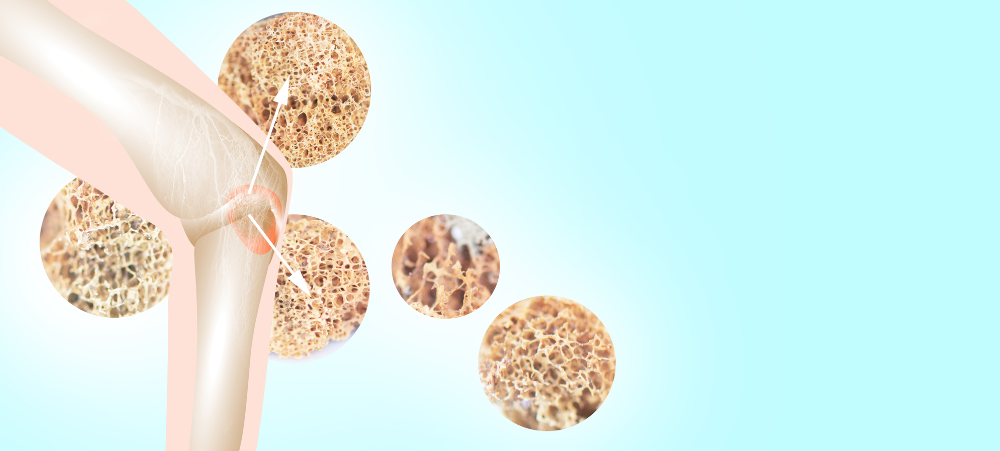Affinity Health, a leading provider of high-quality health cover, sheds light on 10 ways to build and maintain healthy bones throughout life.
Recognising the Importance of Bone Health
Bones play a myriad of vital roles. They provide structure, safeguard organs, anchor muscles, and store calcium. Healthy bones are essential for overall vitality and longevity.
“Most people will reach their peak bone mass between 25 and 30. By the time we reach age 40, we slowly begin to lose bone mass,” says Murray Hewlett, CEO of Affinity Health.
“While keeping your bones strong is a smart goal at any age, bone health becomes a bigger priority in the decades after age 50 when weakened bones lead to breaks for one in two women and one in five men. Fortunately, proactive steps can significantly counteract this natural bone mass decline.”
10 Strategies for Optimal Bone Health
Think of your bones as the framework that keeps you standing tall and moving freely. Like a house needs solid beams and support, your body needs healthy bones to keep you going. But how do you make sure your bones stay tough and sturdy?
Whether you’re young and looking to start strong or want to keep those bones healthy as the years go by, here are ten easy-to-follow tips to help boost your bone health.
1- Prioritise calcium consumption
Include a variety of calcium-rich foods in your diet, such as dairy products, leafy greens, and fortified foods. Calcium is paramount for bone density.
2- Don’t forget Vitamin D
Vitamin D aids in calcium absorption. Sun exposure, fatty fish, fortified dairy, and supplements can be excellent sources.
3- Incorporate weight-bearing exercises
Engage in weight-bearing activities like walking, jogging, and tennis. These stimulate bone-forming cells, enhancing bone density.
4- Strength training is key
Resistance exercises such as lifting weights can significantly improve bone strength and protect bone density.
5- Embrace flexibility and balance workouts
Yoga and Tai Chi improve bone health and reduce the risk of falls, a significant concern, especially in seniors.
6- Avoid excessive alcohol
Limit alcohol intake. Consuming more than two alcoholic beverages a day may increase bone loss risk.
7- Say no to smoking
Smoking can interfere with the body’s calcium absorption, leading to decreased bone mass.
8- Keep protein in check
A diet with adequate protein is beneficial for bone health. Include sources like lean meats, dairy, beans, and lentils.
9- Monitor weight
Being underweight increases the chance of bone loss and fractures. Maintain a healthy weight for optimal bone health.
10- Regular check-ups and bone density tests
Regular screenings can assess bone health, especially for post-menopausal women or individuals at risk of osteoporosis.
“Building and maintaining bone health is a lifelong endeavour. The investments made today in bone health echo in the form of vitality and reduced complications in the later stages of life,” concludes Hewlett.
We understand that there are many aspects that encompass a Mother, Father or Child and strive toward providing resources and services that accommodates this.
Our content is aimed to inform and educate families on issues starting from pregnancy through to the challenges of the teen-age years.
- Say Hello to the Ultimate Holiday Brunch Bite - December 17, 2025
- Tiny Toons Looniversity Returns: Meet the Voice Behind Plucky and Hamton! - December 12, 2025
- From Pain to Possibility: Panado®’s New Marketing Campaign, Highlights The Joy Of Pain Relief - December 10, 2025






3 thoughts on “10 WAYS TO BUILD HEALTHY BONES”
Very important. Especially in early childhood where bones are developing, and late adulthood where bones may become weak or brittle
Sleepi
This was so informative. I always tell my kids that they are so lucky that we have access to these kinds of articles for them. We didnt have much exposure back then. Bone help is such an underrated topic. I definitely will be implementing some more of these kids to my and my kids regime.